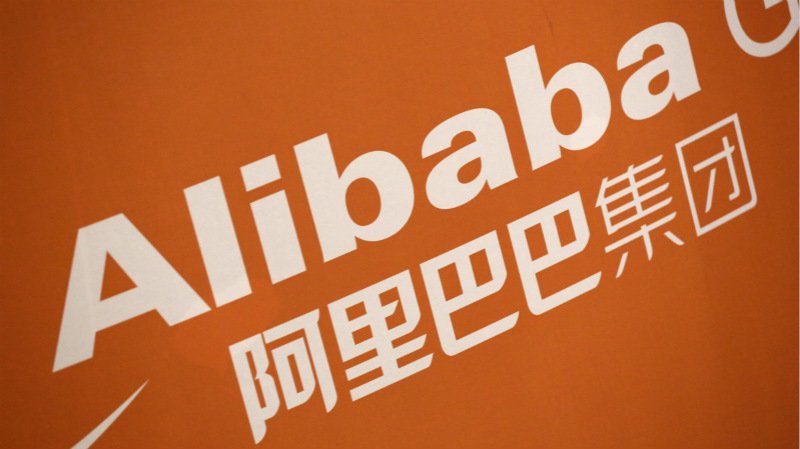Alibaba Group, headed by Jack Ma, has asked for a $22B I.P.O. It’s the biggest one ever in the United States, and on the surface, it seems like a great move. Alibaba Group is not only the premiere e-commerce company in China; it’s the world’s largest Internet e-commerce company that boasts 231 million active buyers. It racks up $291B in annual merchandise sales stretched across 11.3 billion orders. Amazon and Ebay pull $82B and $17B in annual revenue, respectively.
When a lofty IPO like this is presented, it’s often the personality and character behind the company that gets the deal done. A Chinese native, Ma had a strong desire to learn English and endured a 45-minute bike ride to a local hotel to chat with foreigners to put up the language. He served as a tour guide for free for the opportunity to perfect his English. Years later, Ma graduated from Teacher’s Institute (later renamed Hangzhouh Normal University) in 1998 with a Bachelor’s Degree in English.
With assistance from friends in the U.S., Ma began building websites for Chinese companies. Ma founded China Yellowpages, which many people agree was China’s first Internet-based company. He followed Alibaba in 1999, a business-to-business marketplace website which serves in excess of 79 million members across 240 countries.
Ma has amassed a long list of prestigious awards, including being named one of the top ten business leaders of the year (2004) by China Central Television, and one of the “25 Most Powerful Business People in Asia(2005).” Additionally, Ma made Time Magazine’s list of the top 100 most influential people in 2009.
Investors in Alibaba are enthralled with the growth potential in China, let alone global possibilities. China has 302 million internet shoppers, but that number is less than half of the 618 million Internet users there. Moreover, competition from retail stores is nowhere near as intense as it is the United States.According to Vincent Rivers, manager at J.O. Hambro Capital Investment,
“The potential is absolutely massive. The real question isn’t whether they’ll have more users. It’s how much will they spend.” Chinese Internet shoppers spend far less per person than in the United States. “If you look long term and they can close that gap, you can get to some huge numbers.”
Alibaba holds a profit margin of 40%, which is relatively high even factoring in Internet standards. Ebay has a margin of 20% and Google pulls 23%.
The question on many people’s minds is if Alibaba’s dominance of Chinese commerce will last, and if brick-and-mortar companies will win their piece of the market over time. Investors are buying the belief that Internet commerce will be the most dominant driving force in consumer spending, and from the looks of things, Jack Ma and the Alibaba Group will make their already successful business a financial titan worldwide.
In 2013, Ma announced to his employees that he was retiring as CEO from Alibaba Group. According to Ma, he wanted to put more focus on social crises, including water and air safety in China. Ma anticipates that these issues will result in long-term sicknesses throughout China if active measures aren’t taken against it. He still retains enormous power as co-founder of Alibaba and has secured several deals before the I.P.O. Alibaba announced a deal for a controlling stake in ChinaVision Media, the company that owns rights for mobile broadcasts of English Premier League soccer games. Additionally, Alibaba has launched Laiwang, its own messaging service, to compete with Tencent’s prevalent WeChat.
































Comment Template